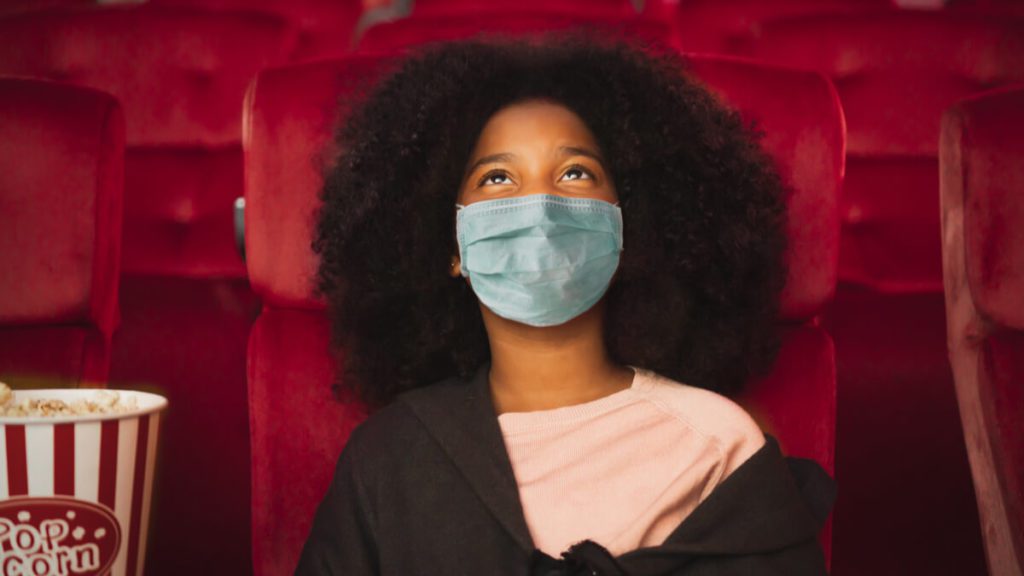COVID-19 Effects on Cinema Industry

The ongoing pandemic has caused uncertainty and worry about the future of the arts. Despite the gradual lifting of lockdown measures, COVID-19 will continue to impact our film-viewing behavior and other economic decisions around it. People will most likely stay away from cinemas and film theatres to avoid crowded places and large gatherings. This will also trigger a shift towards viewing films via online platforms.
Netflix, Hulu, Amazon Prime, and other streaming platforms have already witnessed a surge in subscriptions as a result of COVID-19 effects on cinema, as they offer a wide range of entertainment options for people, in the comfort of their own homes. Undoubtedly, the content available is far more superior to what is available on regular television.
COVID-19 effects on cinema are devastating as box offices worldwide are losing billions. Filming all over the world has been cancelled or postponed which has left thousands in a mostly freelance industry, without work or without a stable source of income. Furthermore, release dates have been pushed forward, the latest James Bond movie ‘No Time to Die’, was postponed till the end of the year, and Disney’s live-action remake of ‘Mulan’ was also pushed back to July.
However some cinemas are trying to stay resilient by adapting to the current challenges. Oliver Meek, executive director of the Rio Cinema in London mentioned that work is already underway to prepare for a socially distant reopening, and they have been planning for several different scenarios for life after the lockdown. Other cinemas worldwide are getting creative too, a theatre in Italy has taken the decision to move viewings outside and have created a drive-in complex that can accommodate hundreds of cars. The government of Madrid has also funded mobile cinemas for people to watch films from their balconies.
Another COVID-19 effect on cinema is that production processes and the industry as a whole will need to change as it gets back on its feet. Experts believe that the industry won’t simply return to the ‘salad days’ but instead, will most likely witness increased protocols and safety nets. Filming wouldn’t be the same due to social distancing, workers onset will be required to wear face masks at all times and take COVID-19 tests every morning before filming begins.
